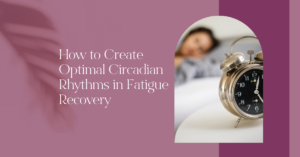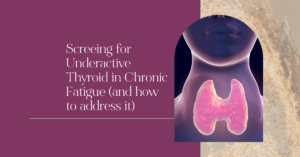The previous 2 posts have discussed hormone balance and CFS / ME and highlighted what can go wrong. The next logical question you may have is; is this something I can evaluate with hormone testing?
The short answer is yes.
Here are the hormone testing options that I find most useful and why.
Blood Tests
- Oestradiol – you can test any time but it may be good to test at the same time as progesterone.
- Day 21 Progesterone – use this if your cycle is 28 days. Alternatively, use an ovulation predictor kit and test your progesterone 6 days after a positive result
- Testosterone – you can test any time
- Advanced Female Hormones for Oestrogen, Testosterone, Prolactin, LH. FSH
All of the above are finger prick tests which means, provided you are comfortable with extracting some blood from your finger, you can test these in the comfort of your own home, send your sample in the post and have your results sent to you via email. I have no affiliation with Medichecks however I do appreciate the convenience of their service.
If you are a bit of a data geek – like me! – and your hormones are your big bug bear, it might be worth investing in a Mira Device for ongoing monitoring.
All of the above can give a snapshot of hormone levels at any moment in time. Bear in mind that hormones fluctuate and cycles can vary from one cycle to the next.
More Comprehensive Testing
For more comprehensive hormone testing my top choice is the Dutch Comprehensive Hormones with Cortisol Awakening Response (CAR). This is a urine and saliva test which means you can take it from the comfort of your own home. After your samples have been shipped back to the lab you’ll have your results in approximately 3 weeks.
This test is typically taken on one day between day 18 and day 22 of a 28 day cycle. You can use an ovulation predictor kit and then take the test 6 days after a positive result if you have irregular, shorter or longer cycles.
The test will give a snapshot of your oestradiol, progesterone and testosterone levels.
Because I am a bit of a geek, I have tested my blood levels on the same day as I have done this urine test and the results are comparable. The caveat to this is that sometimes testosterone will come up low on the test but this can be cross-referenced with another marker, Epi-testosterone, and verified in blood if required.
Epi-Testosterone is produced at a ratio of 1.0-1.20x Testosterone therefore, Testosterone may be higher than reported. This is due to genetic differences in testosterone metabolism.
The additional benefit of taking the test is that you also receive:
- An adrenal profile with cortisol awakening response (CAR); which can inform clinical decisions depending on whether the body is self-protecting through alarm, resistance or exhaustion. Results may hint towards infection or thyroid dysfunction.
- Sex hormone metabolism; which can indicate if/what detoxification support may be required for oestrogen.
- Organic acids; a little bonus which can give information about the need for vitamin B6, vitamin B12, antioxidant support, neurotransmitter support and melatonin.
Therefore, the Dutch Test can be a useful tool for not merely assessing hormone levels but also diving deeper into why hormones may be high or low. The data from the oestrogen detoxification report, organic acids and adrenal report can support the creation of a more personalised support plan and provide more clues for further investigation if required.
The investment for the Dutch Test is £269 and will need to be ordered through a practitioner as you will likely need help with the interpretation and professional support to put a comprehensive plan together.
Want more help with hormone testing?
I order and interpret hormone testing for my clients and all clients receive a discount on advertised testing rates. You can explore your options for working with me here.










